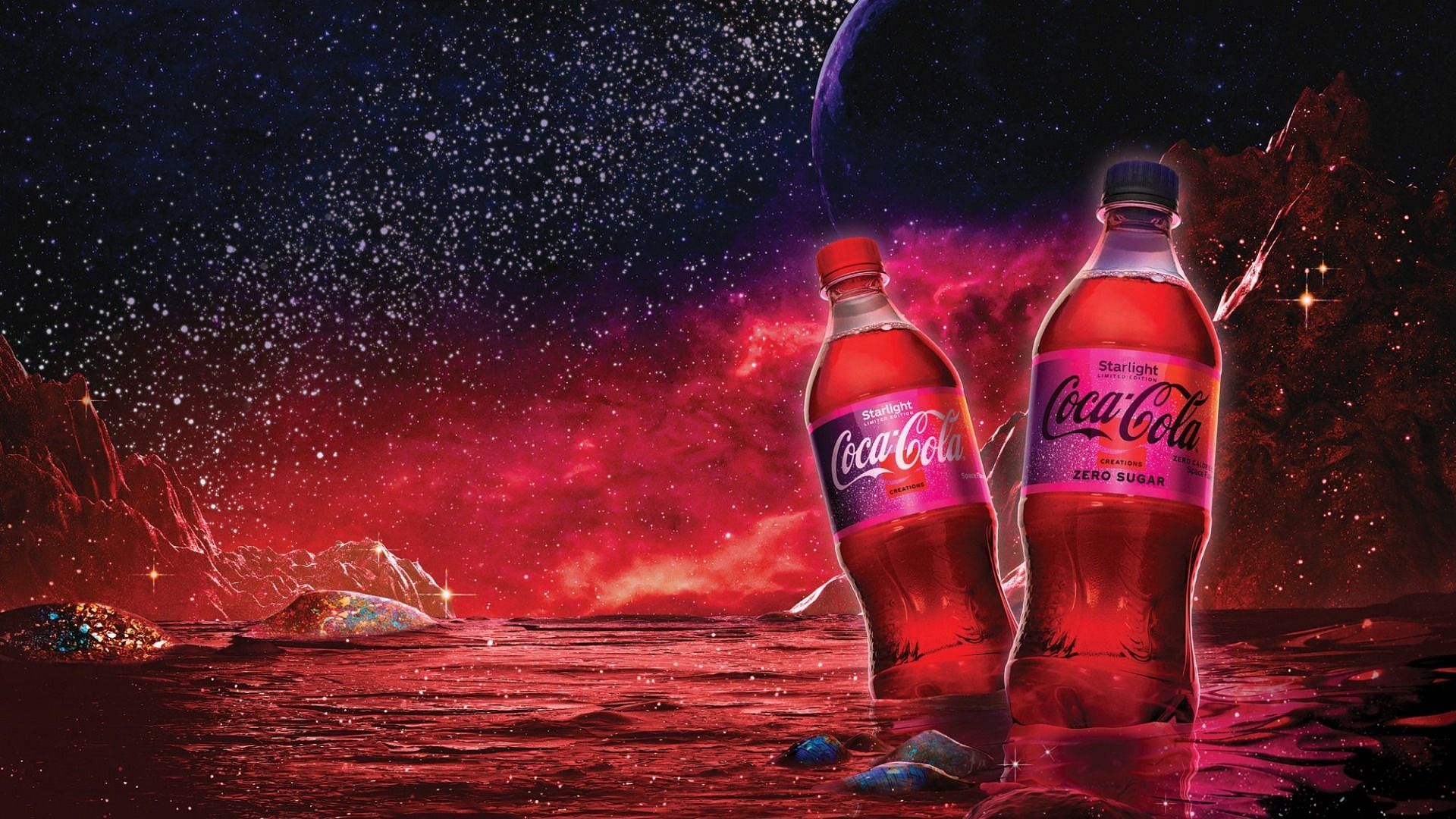Pepsi Co and Coca Cola have been undoubtedly the biggest players in the beverage industry. Both of the control over 85% of the market share and no real competitor stopping them.
Pepsi Co Inc. is on course to take over as the biggest US beverage company by market value, supplanting rival Coca-Cola Co., which has held the spot largely uninterrupted for the better part of two decades.
That’s according to Wall Street analysts including Kaumil Gajrawala at Jefferies, who has initiated coverage of PepsiCo with a buy rating, calling it the sector’s “most durable business.” He projects the shares will rise more than 20% over the next year to $203, for a market value of about $279 billion.
That would top the roughly $277 billion market capitalisation implied by his $64 target for Coca-Cola, which he rates a hold.
Coca-Cola has long held the top spot in part due to its strong brand portfolio and record of sales growth. But PepsiCo’s food business, including Lay’s potato chips, Doritos and Quaker oatmeal, has become a key differentiator.
For PepsiCo, “hefty investments over the last half decade are yielding results, and we expect returns to accelerate,” Gajrawala wrote in a note to clients.

He highlighted that the company has invested about $60 billion over the past five years to make operations more efficient, increase capacity and build its brand.
What changed for Pepsi & What remained stagnant for Coca-Cola?
“Stagnancy brings downfall”. As the world evolves the key markets such as food and beverage have to keep up with the rapid change.
Coca-Cola has had the lion’s share of the market and had made the number 1 position their home; but what changed for them was Pepsi’s strategies and innovation and furthermore the key investments.
People tend to eat and drink cold drinks simultaneously. This simple marketing gimmick changed the roof of the industry. Pepsi went ahead and made huge investments in Lays and other very known snacking items. This way the beverage was available with the drink and the value for Pepsi kept growing exponentially.
On the other hand, the rivals stayed stagnant. They continued to work but only on their star product and made like-wise changes in the packaging.
The availability of the beverage and food together really ruptured the market. People bought “snacks and drinks” at the same time; but financially Pepsi made more and more revenue.
Pepsi Co’s Background
PepsiCo, Inc., American food and beverage company that is one of the largest in the world, with products available in more than 200 countries. It took its name in 1965 when the Pepsi-Cola Company merged with Frito-Lay, Inc. The company’s headquarters are in Purchase, New York.
The very first drink was created by Caleb D Bradham adjoining the success of Coca-Cola. The drink proved so popular that in 1902 Bradham incorporated the Company. The company fell on its face during the World War I and ever since it has been recreated and reincorporated many times.

The company’s success in Russia and their strategies applied are very underrated. In the early 21st century, PepsiCo focused on expanding its operations in other countries, notably Russia, which was its second largest market.
In 2008 it bought a controlling interest in JSC Lebedyansky, Russia’s largest juice manufacturer, and three years later it completed its acquisition of Wimm-Bill-Dann Foods. Those investments helped make the company the largest food and beverage company in Russia.
More about Coca-Cola
On May 8, 1886, Dr. John Pemberton brought his perfected syrup to Jacobs’ Pharmacy in downtown Atlanta where the first glass of Coca‑Cola was poured. Serving about nine drinks per day in its first year.
The company also produces and sells other soft drinks and citrus beverages. With more than 2,800 products available in more than 200 countries, they are the largest beverage manufacturer and distributor in the world, one of the largest corporations in the United States, and one of the most successful brands in the history. The company is headquartered in Atlanta, Georgia.

In 2005 the company introduced Coca-Cola Zero, a zero-calorie soft drink with the taste of regular flavoured one. In 2007 the company acquired Energy Brands, Inc., along with its variously enhanced waters.
That same year the company announced that it would join the Business Leaders Initiative on Human Rights (BLIHR), a group of companies working together to develop and implement corporate responses to human rights issues that affect the business world.
Conclusion
India has a bit of both the copanies. The common man always refers to Pepsi as the collective word for all the available cold drinks; thats the kind of impact these huge brands have had.
Since Pepsi’s huge success and increment in the value; what does the latter do? The risk of getting swiped off from the market looms over their heads. Does the world expect another twist in the race or does Pepsi come out triumphant for the first time in 2 decades?












